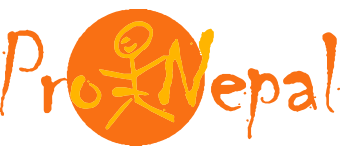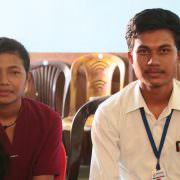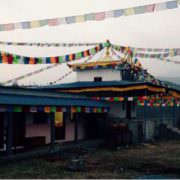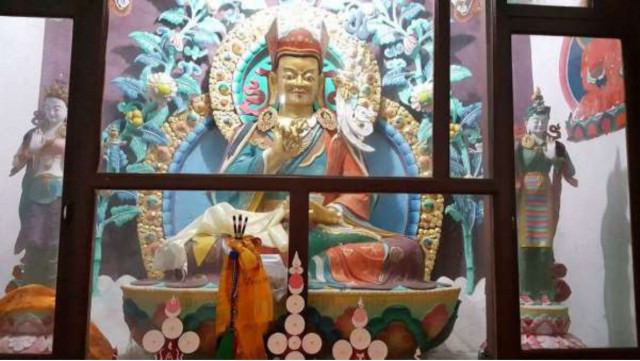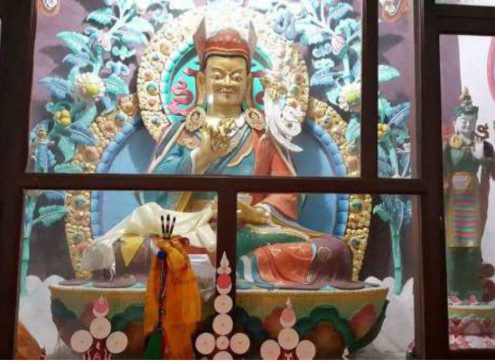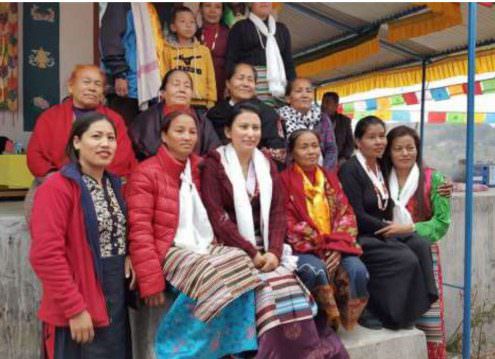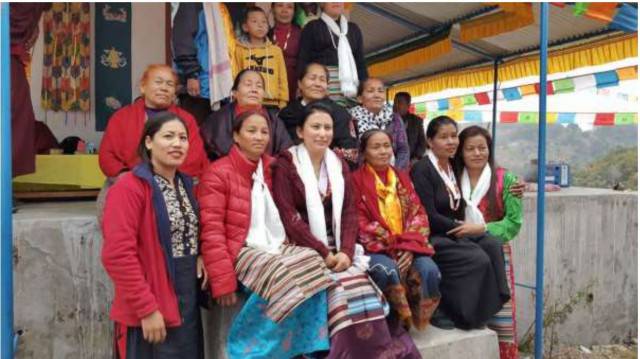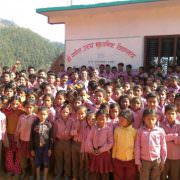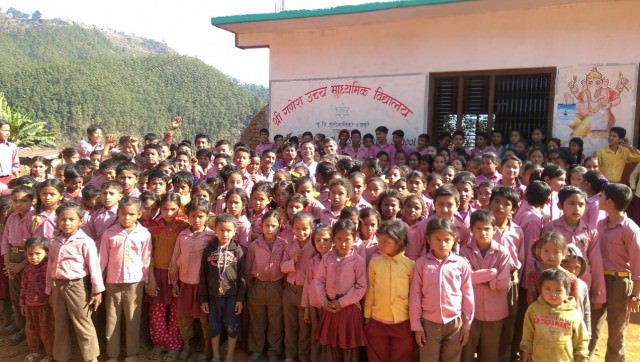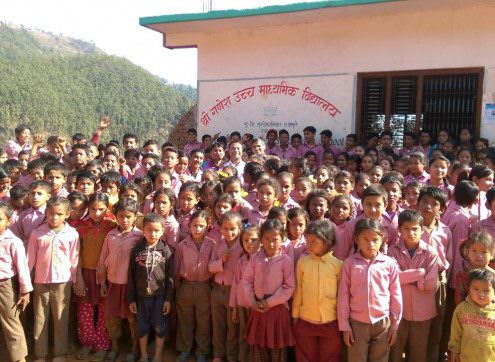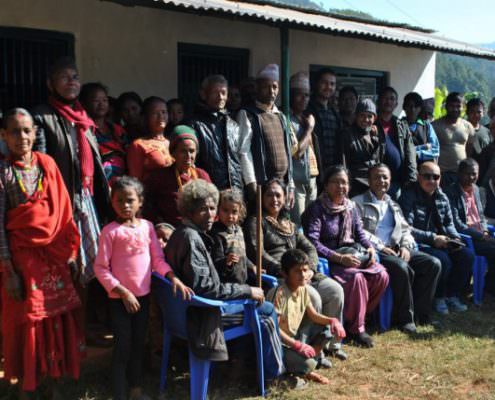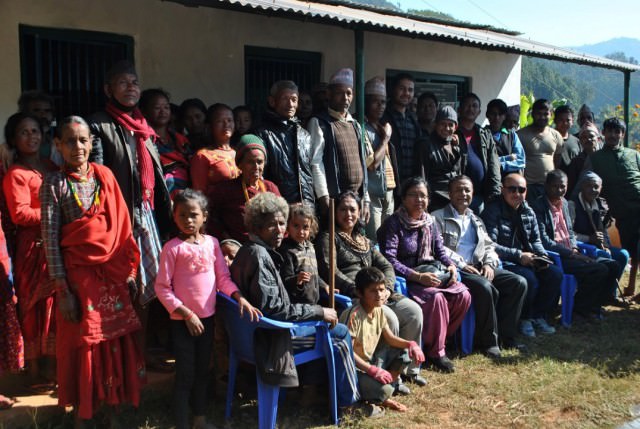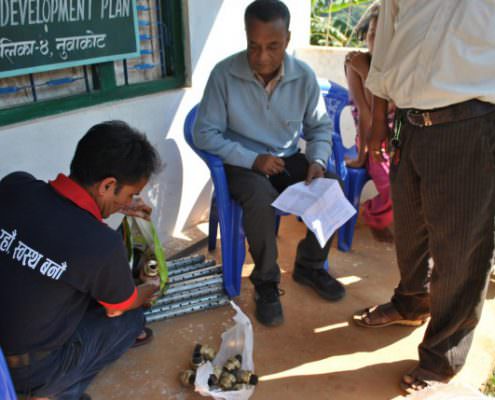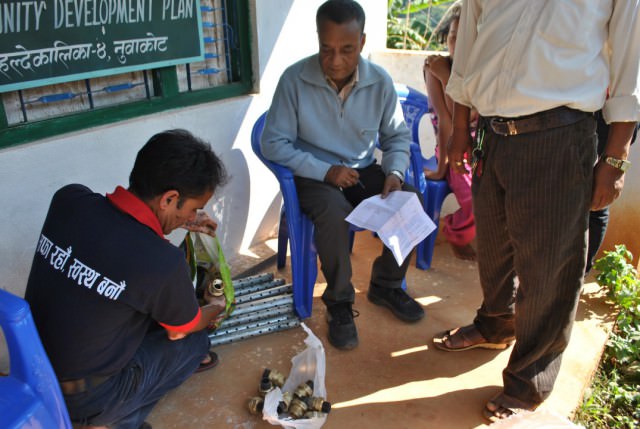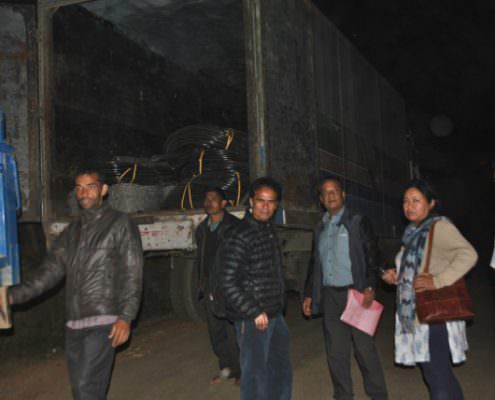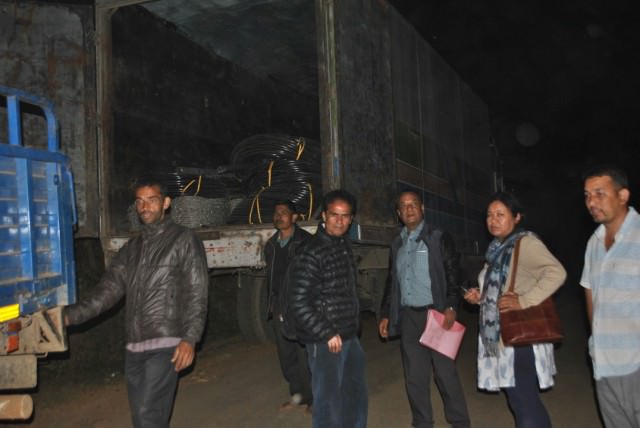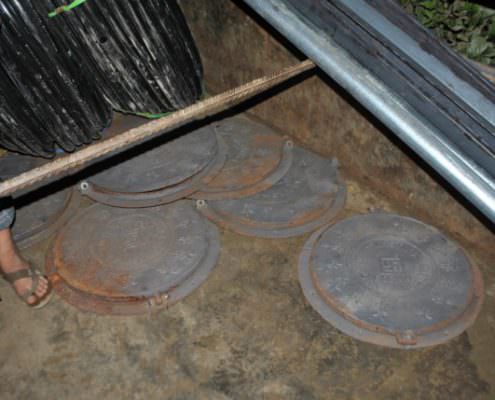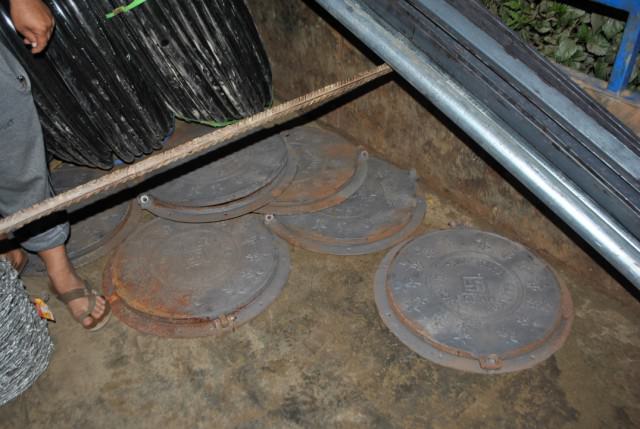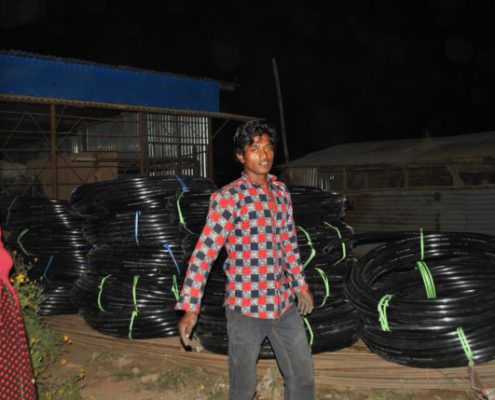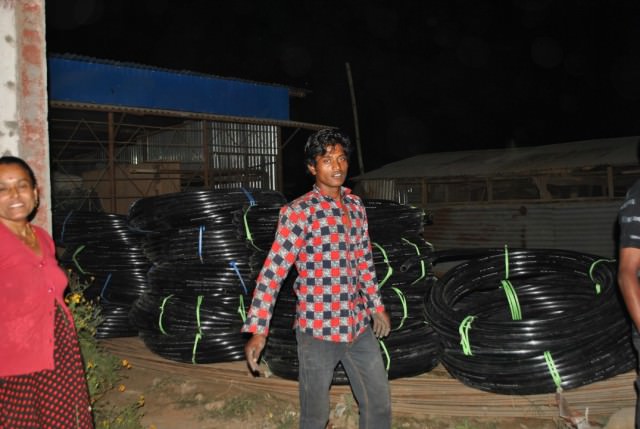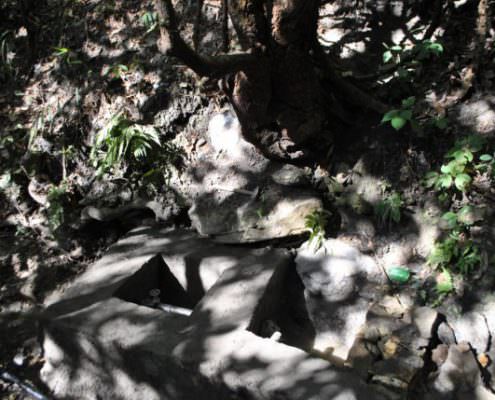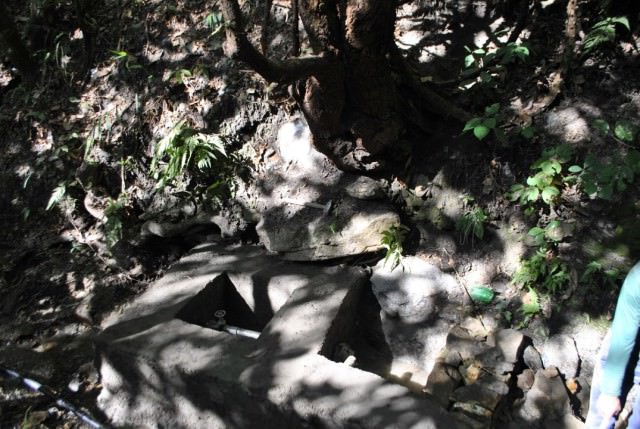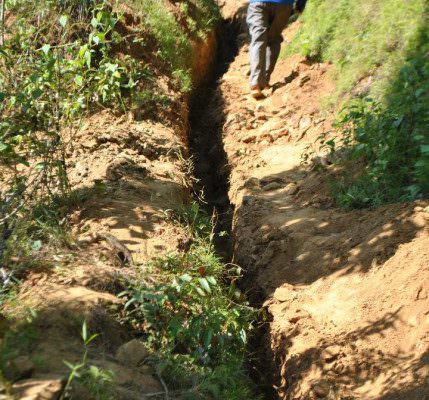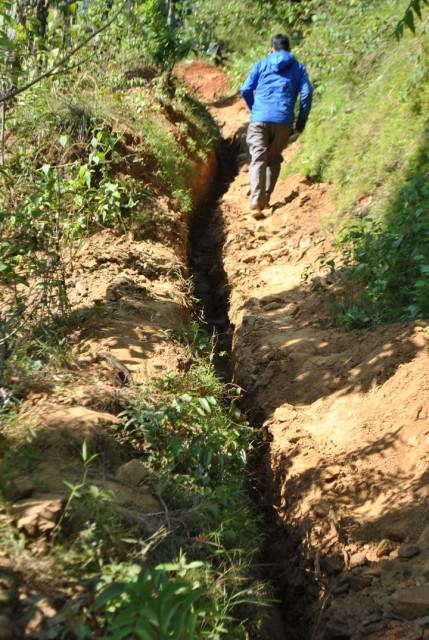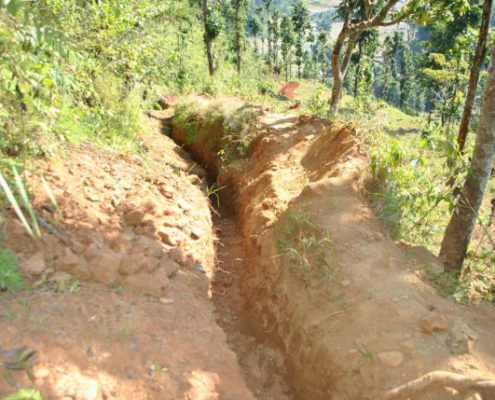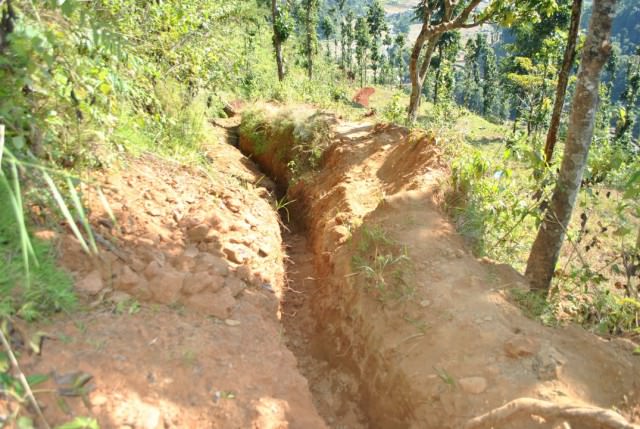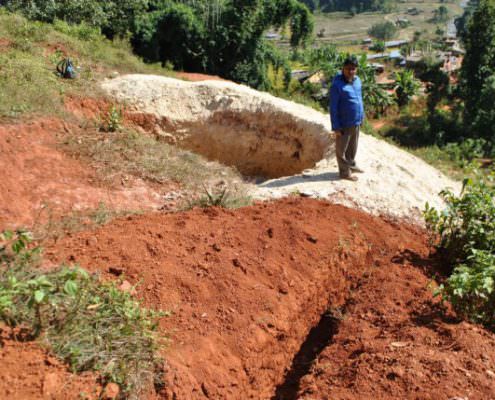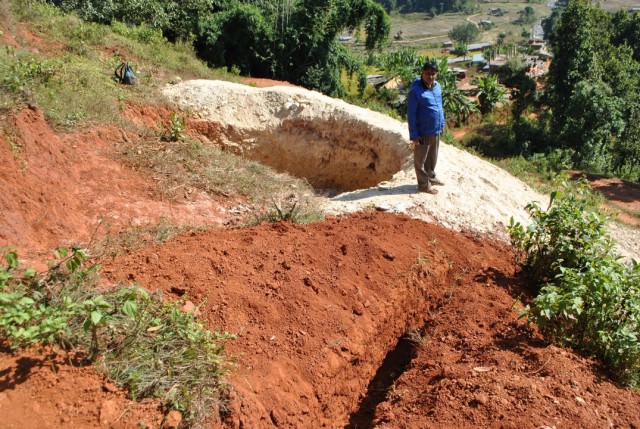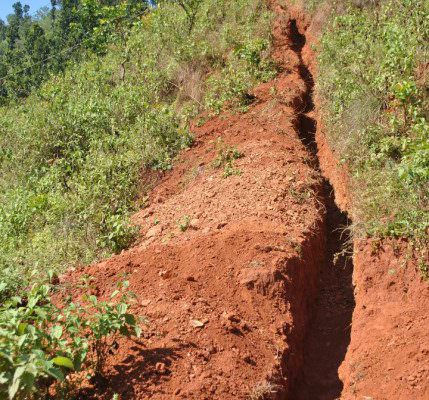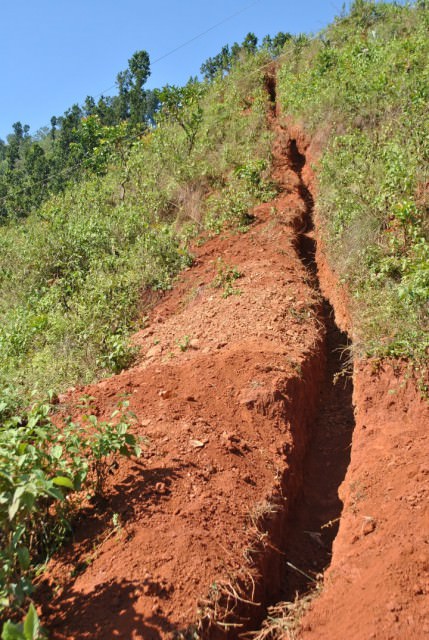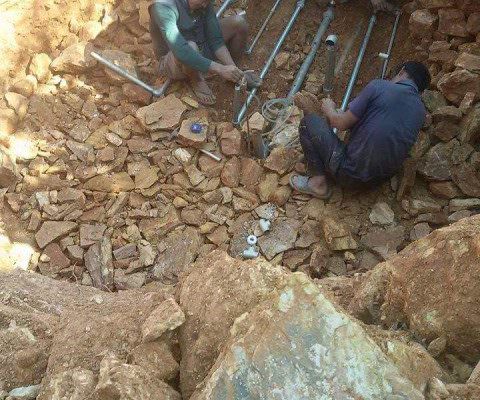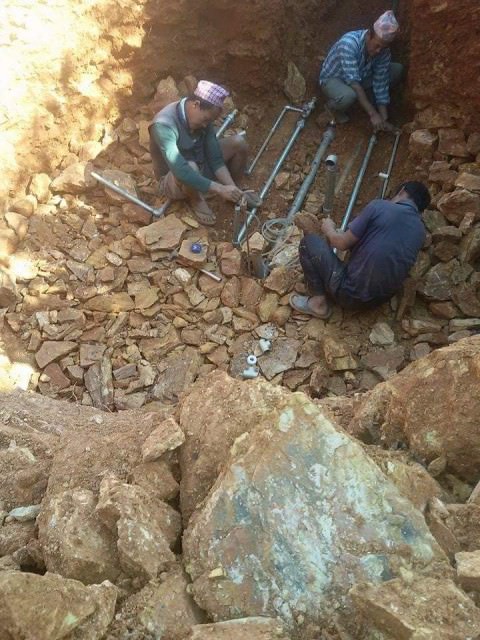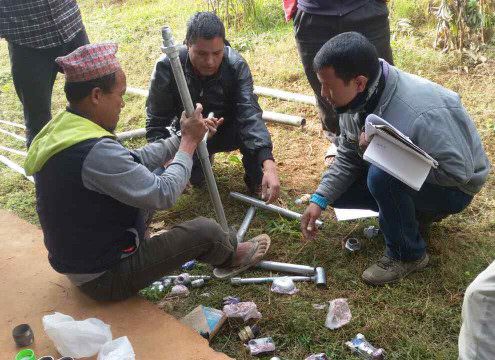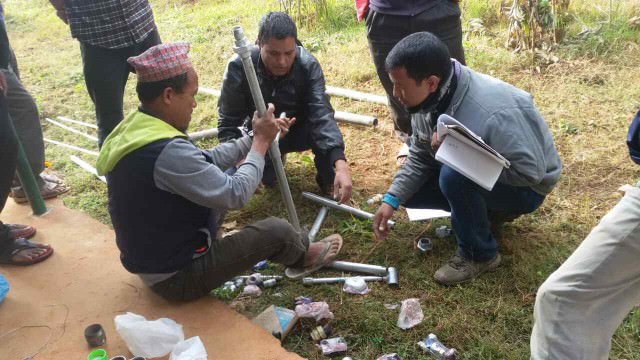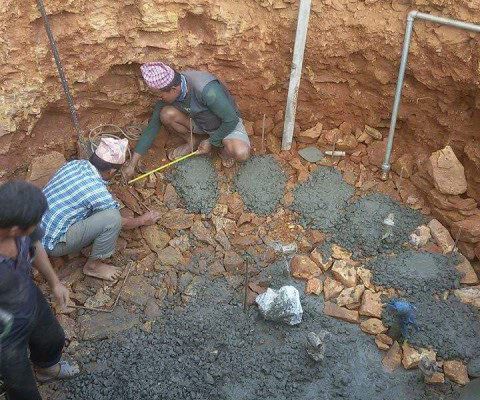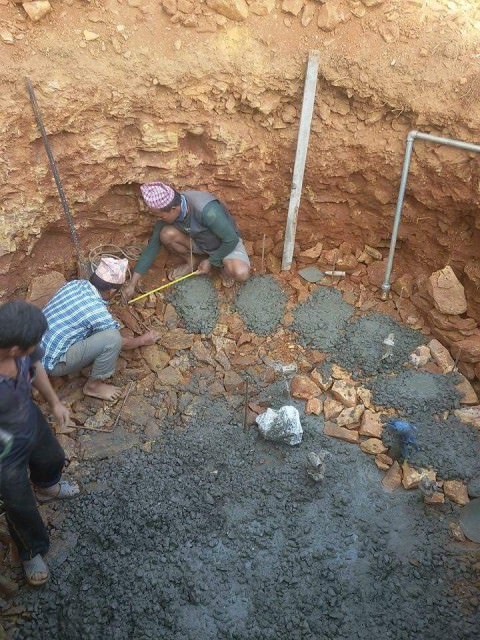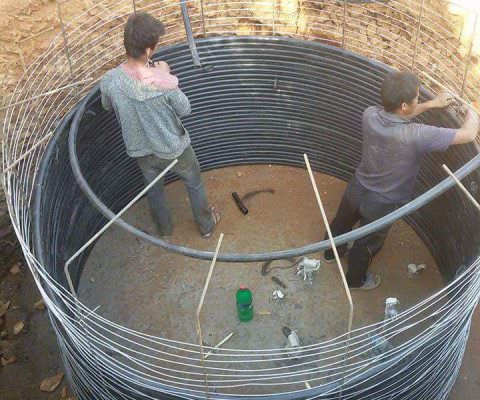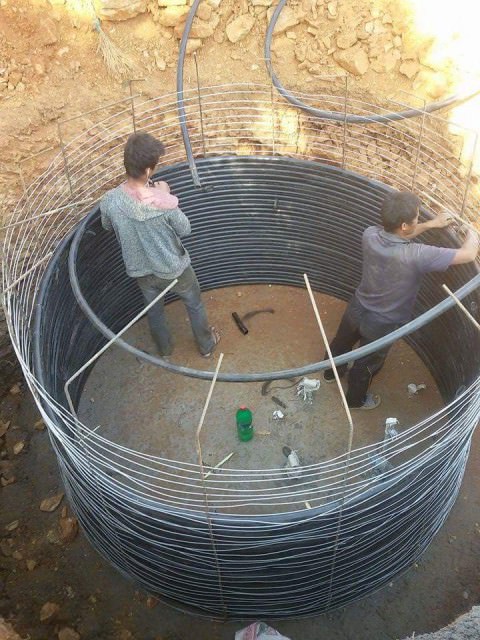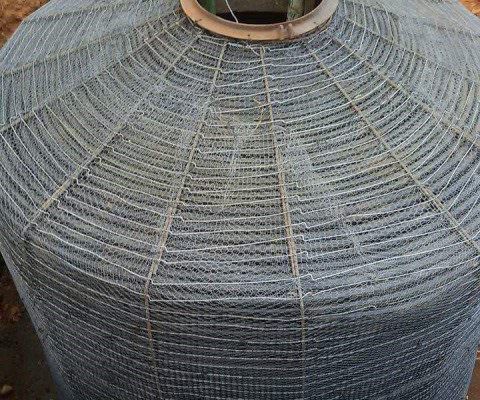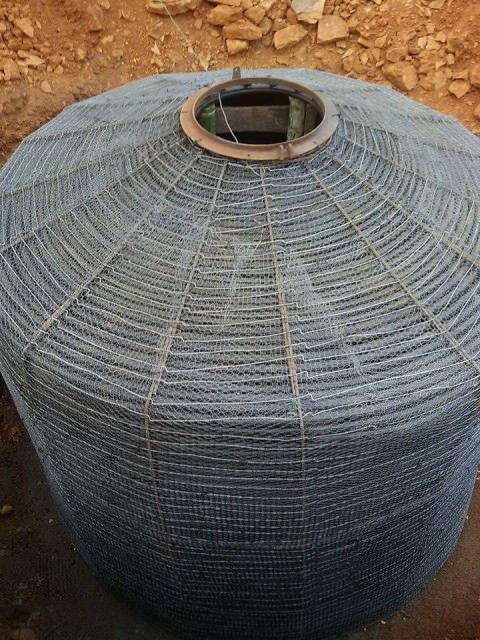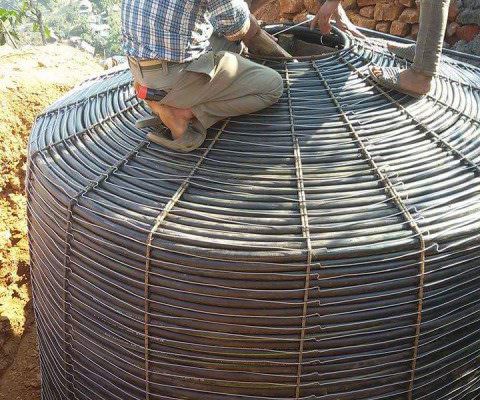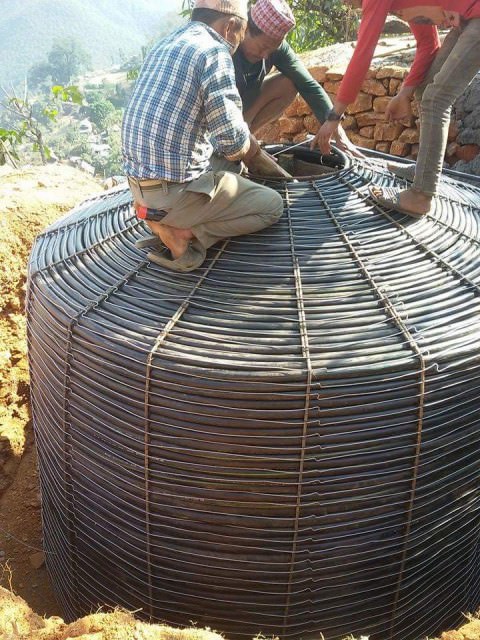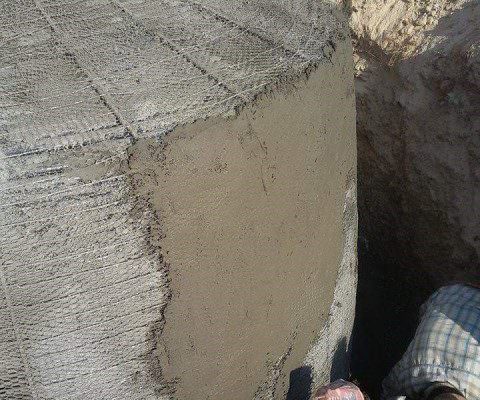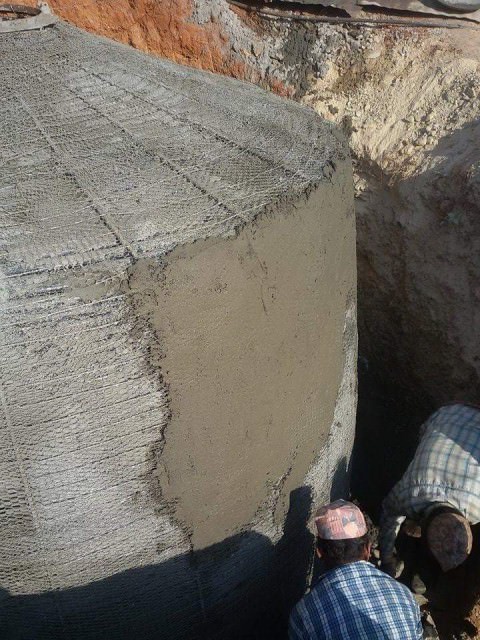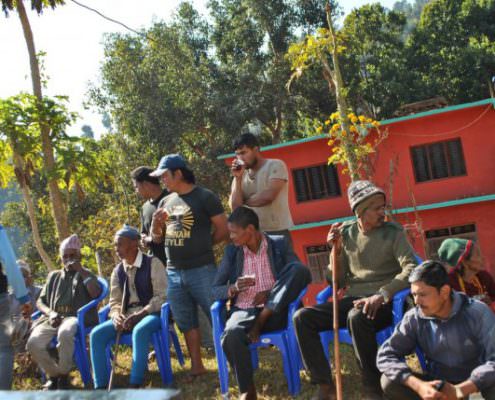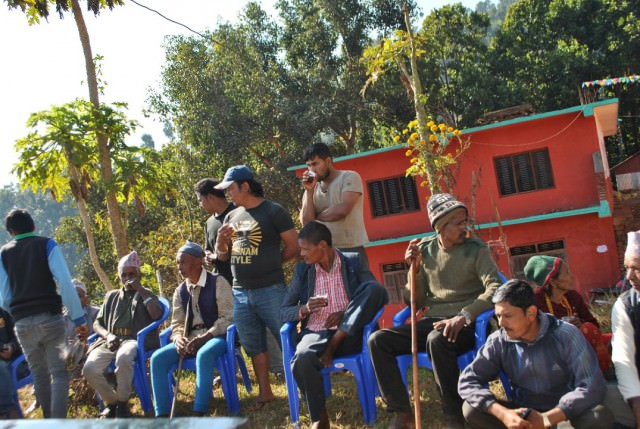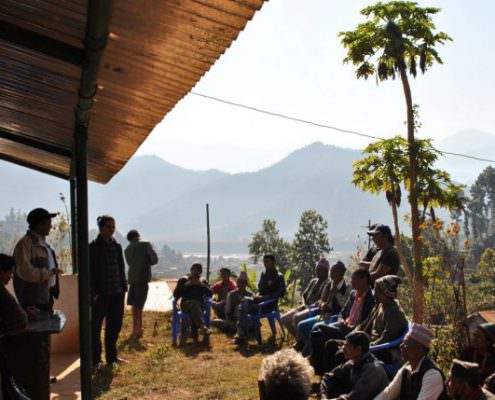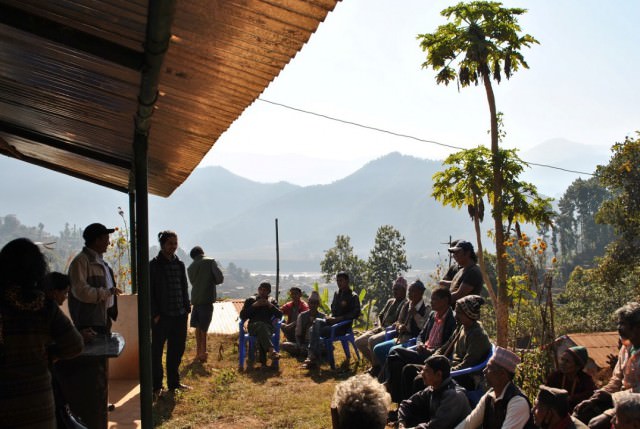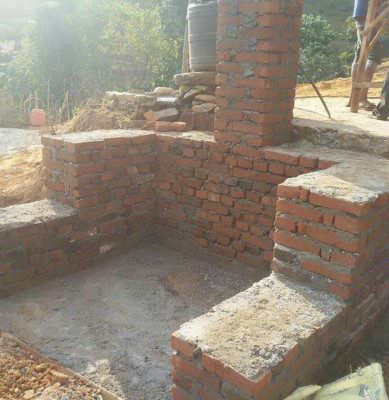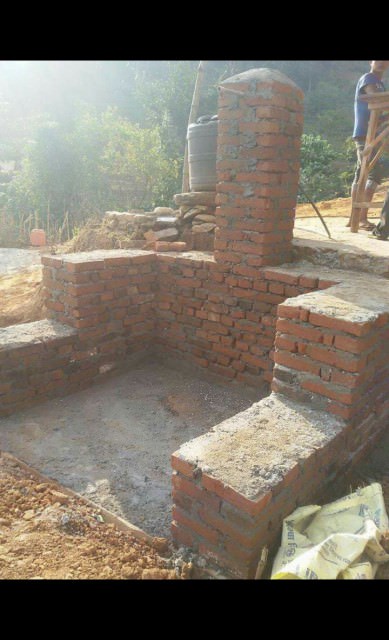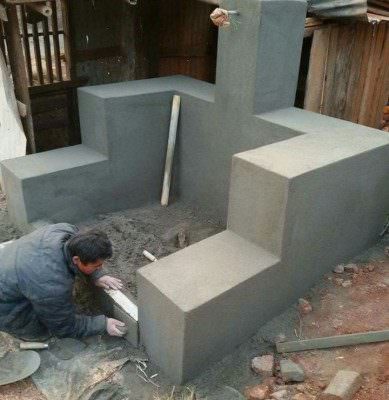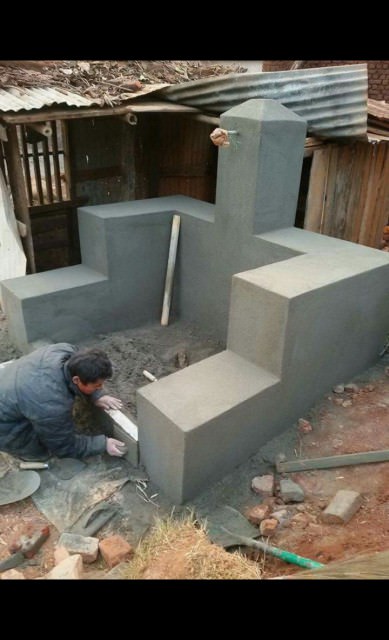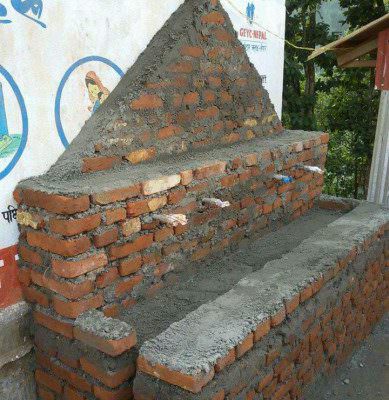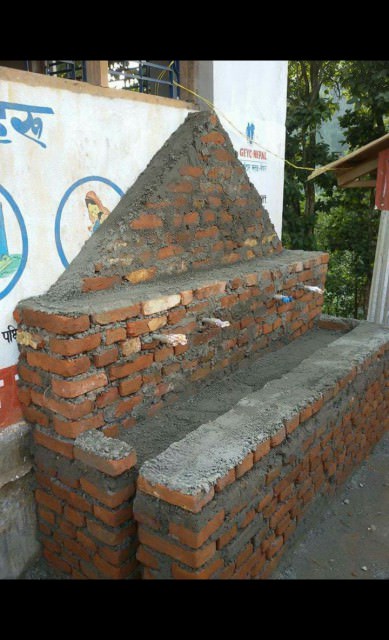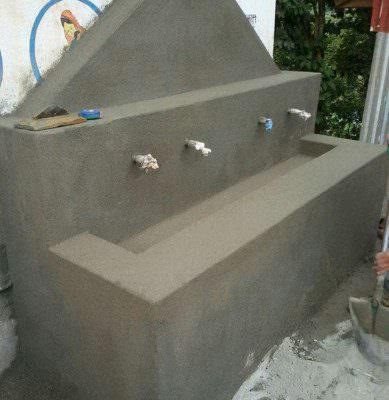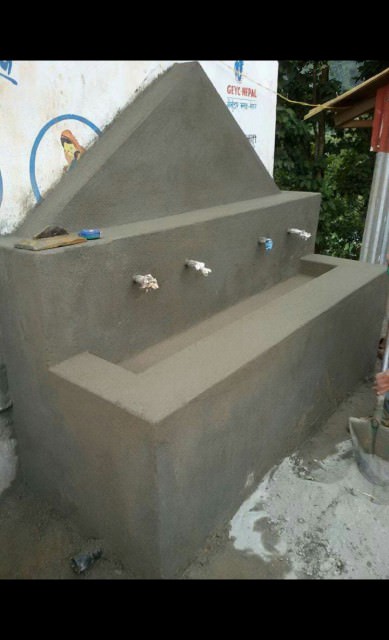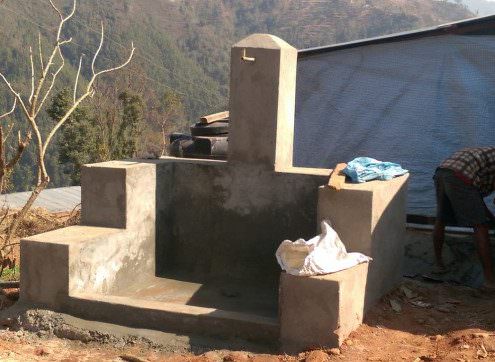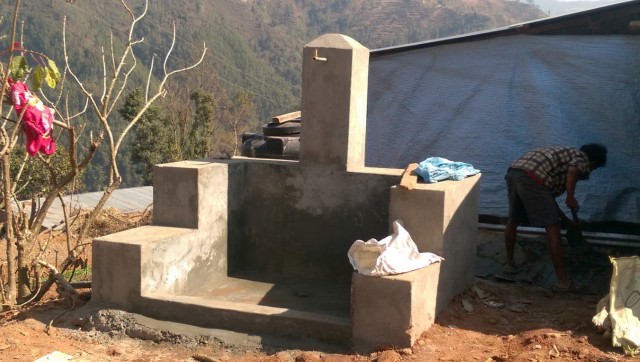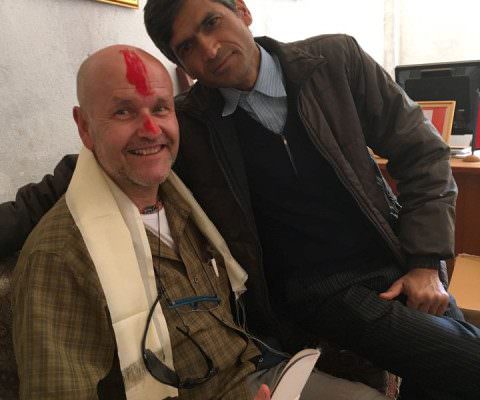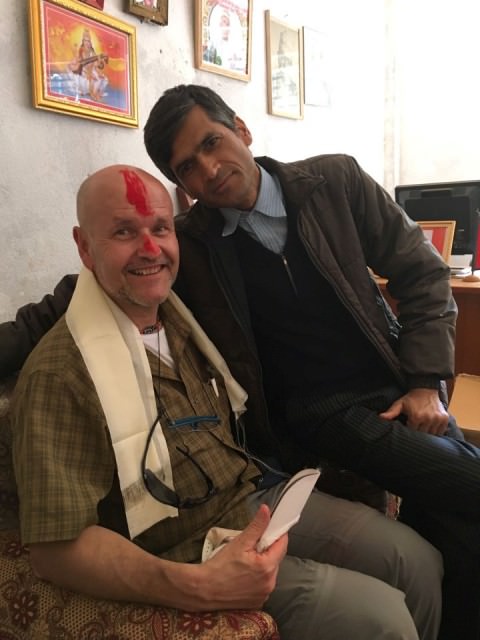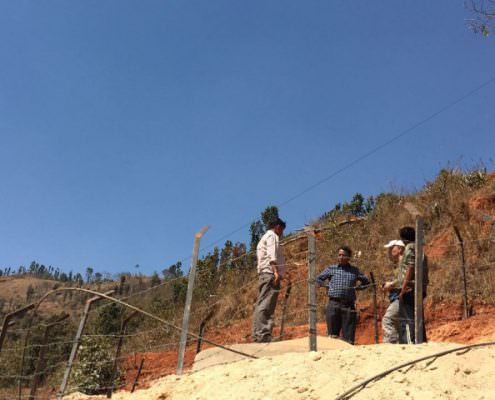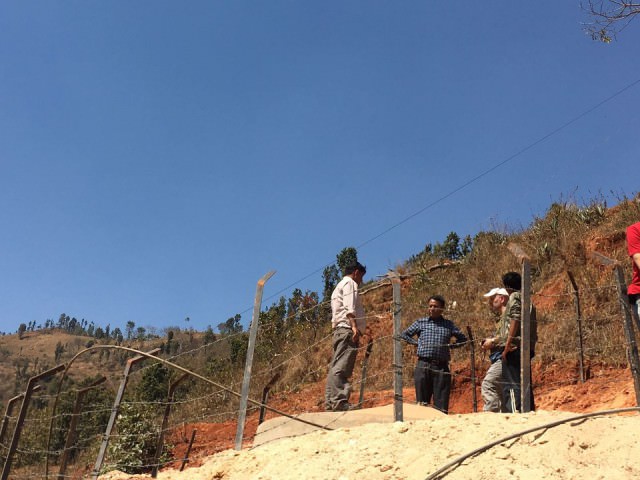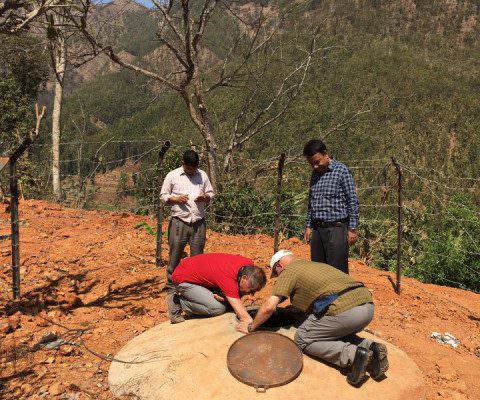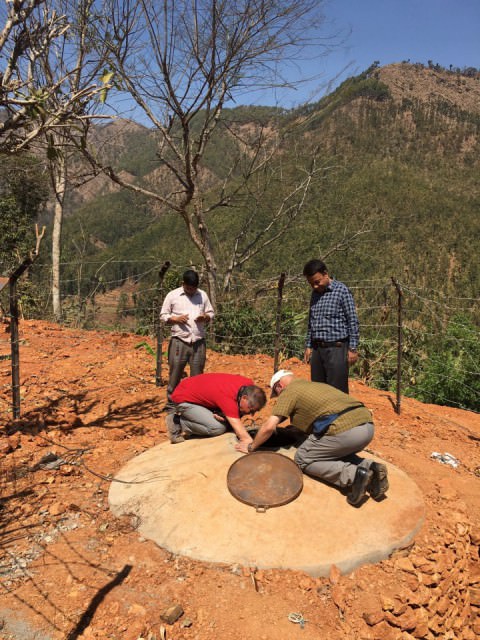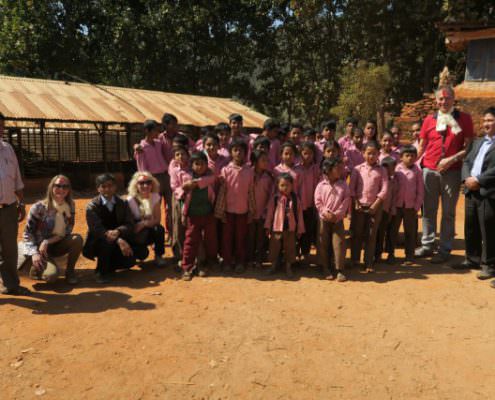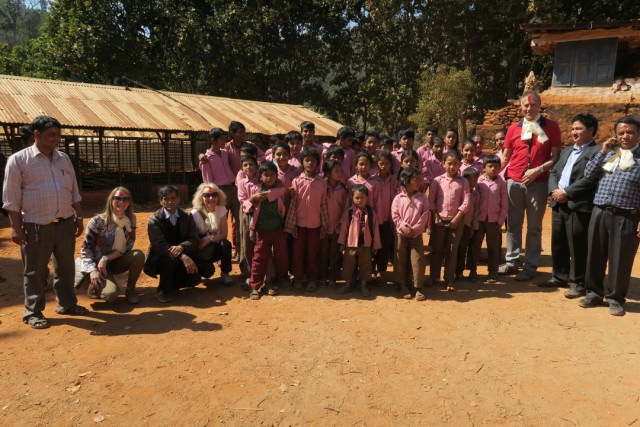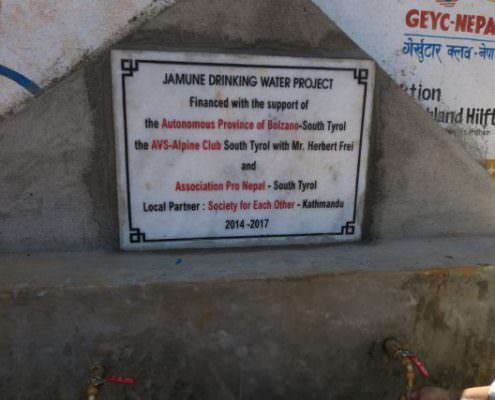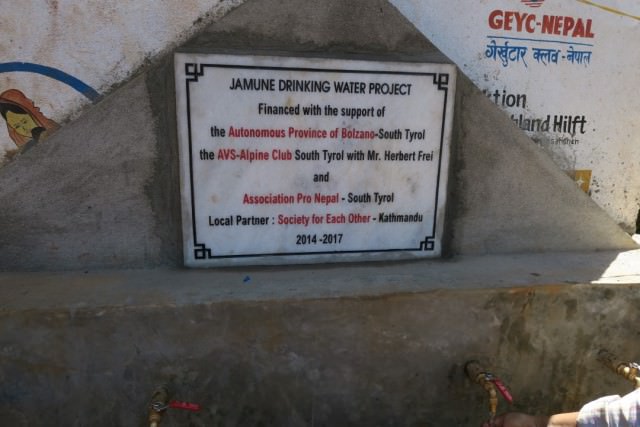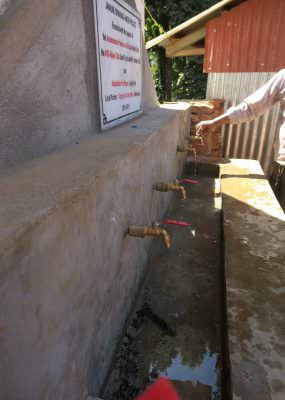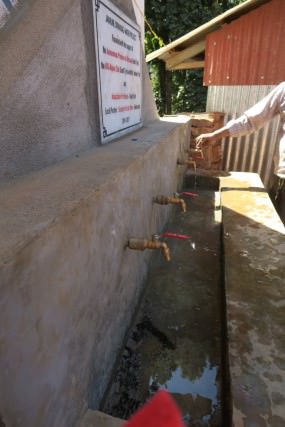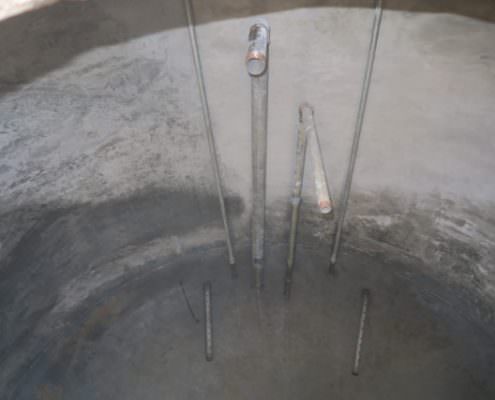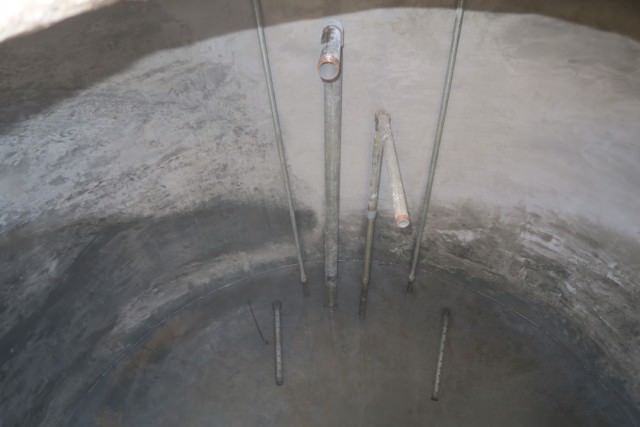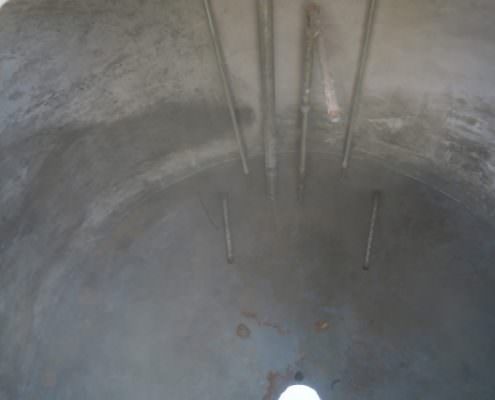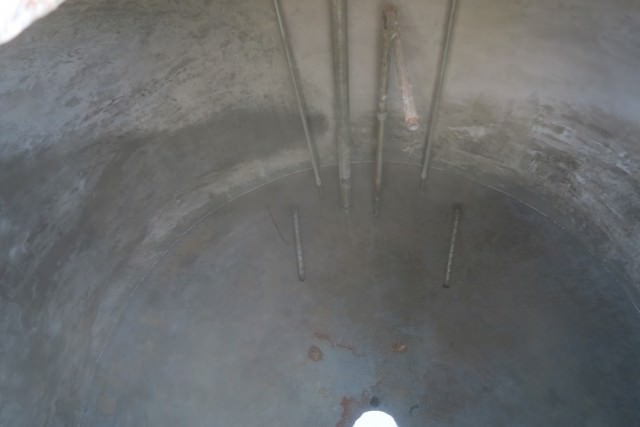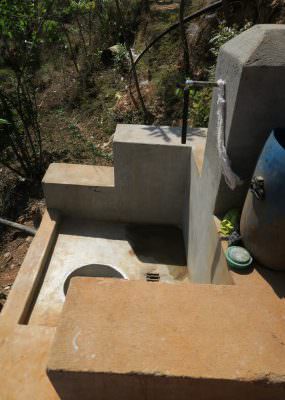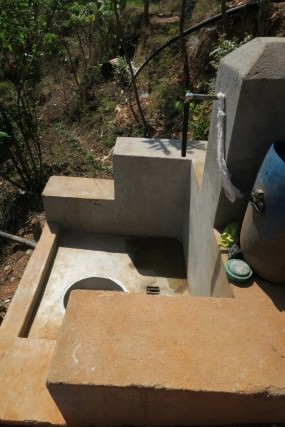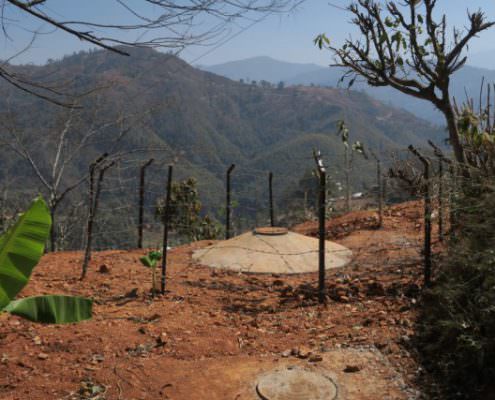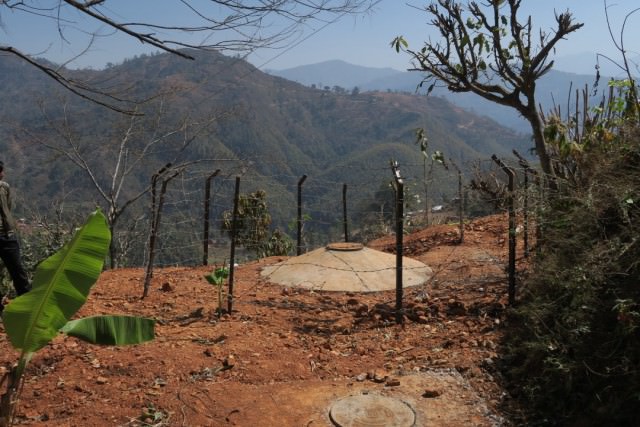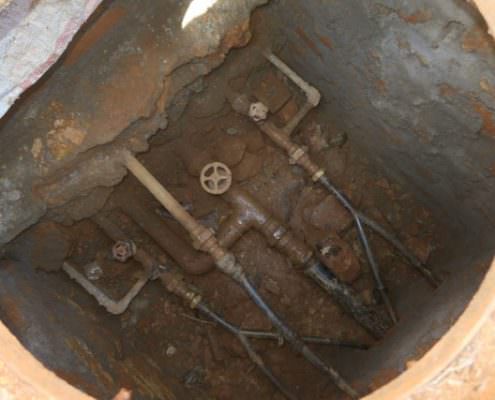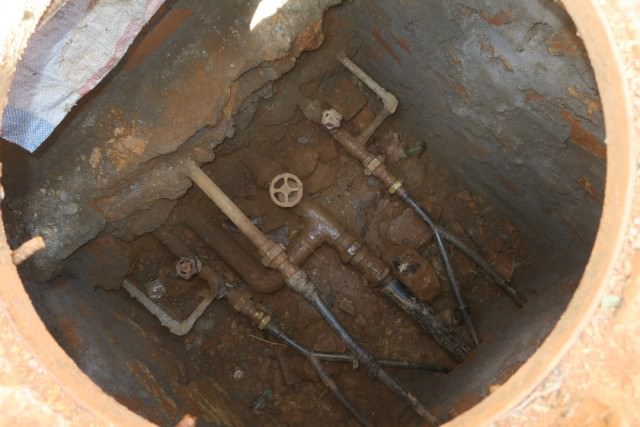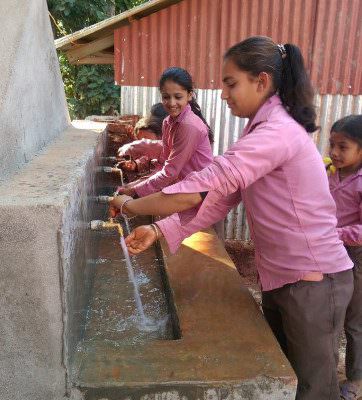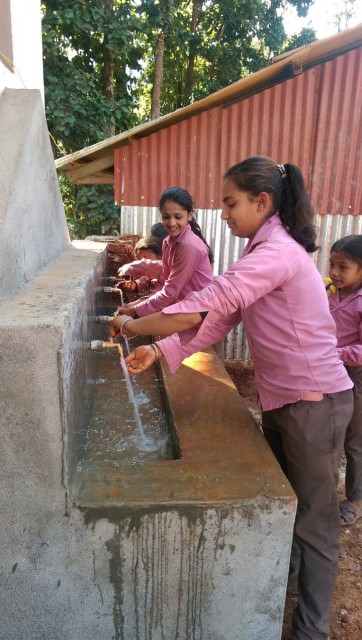Shortly after the big earthquakes, ProNepal supported the construction of a technical laboratory in the local secondary school ( see the link) of Saimarang (where is Saimarang ?) . Recently the local community asked Pronepal for a financial support for the completion of the Buddhist SANGEY CHHYOLING GOMPA in Saimarang.
Gompas are Buddhist ecclesiastical fortifications common in historical Tibetan regions including parts of China, India, Nepal, Ladakh and Bhutan.
Design and interior details vary from region to region; however, all follow a general sacred geometrical design of a central prayer hall containing a murti or thangka, benches for the monks or nuns to engage in prayer or meditation and attached living accommodation. The gompa may also be adjoined by any number of stupas.
Construction of the Gompa is a vital community resource that is designed as a cultural hub as well as can be promoted as a tourist destination.
Some important objectives are summarized as:
- To develop the monastery as an educational centre to spread philosophical principles for the Buddhists monks.
- To make a common place of prayer for all the local people where the majority of the people are Buddhists.
- To use the monastery to preserve, conserve, maintain and bestow the ancestral and cultural rites and rituals for the future generation.
- To make it a major tourist spot and develop and promote Saimarang as a tourism area which will eventually help to increase the income of local people.
With the mutual cooperation of local people along with the Buddhist Spiritual Monks (Lama Dharma Guru), the construction of Gompa started nearly 2 years back and is in still under construction. Due to the financial problems, the construction is now in halt.
Although the construction of the statue of the renowned God, “Guru Rempoche” inside the Gomp is finished along with the formal inauguration by a small prayer ceremony, there are still many works to be accomplished.
At present, a small open space is constructed offering sitting opportunities to visitors and locals. Moreover, three small sized rooms have been constructed for the purpose of keeping religious instruments as well as work as storage rooms.
The space built in front of the Gompa is open and needs to be fenced or compounded by a wall, as anyone can enter the Gompa area easily especially the pet animals which may disturb the rituals or any other gatherings taking place inside the Gompa.
Then there is a need to build a hall with a truss in front of the Gompa which should have a capacity of nearly 150 peoples so that social functions and religious rituals can be organized safely without any disturbance.
And at last, the construction a garden around the Gompa offering space for some beautiful flowers and spices to be used for religious rituals is still in pipeline.
The whole project will cost about 47.500 €, the local villagers and the people from neighbouring areas have already completed works for about 26.400 € until today. In order to carry out the remaining works further, the villagers require financial help and have approached ProNepal to support this project.
The executive board now decided to allocate 15.000 € for this initiative. As soon as the first tranche of the money will be transferred the villagers can restart with the construction works.
In September some members of the ProNepal organisation will visit Saimarang and discuss further issues and steps with the villagers and the management committee.
